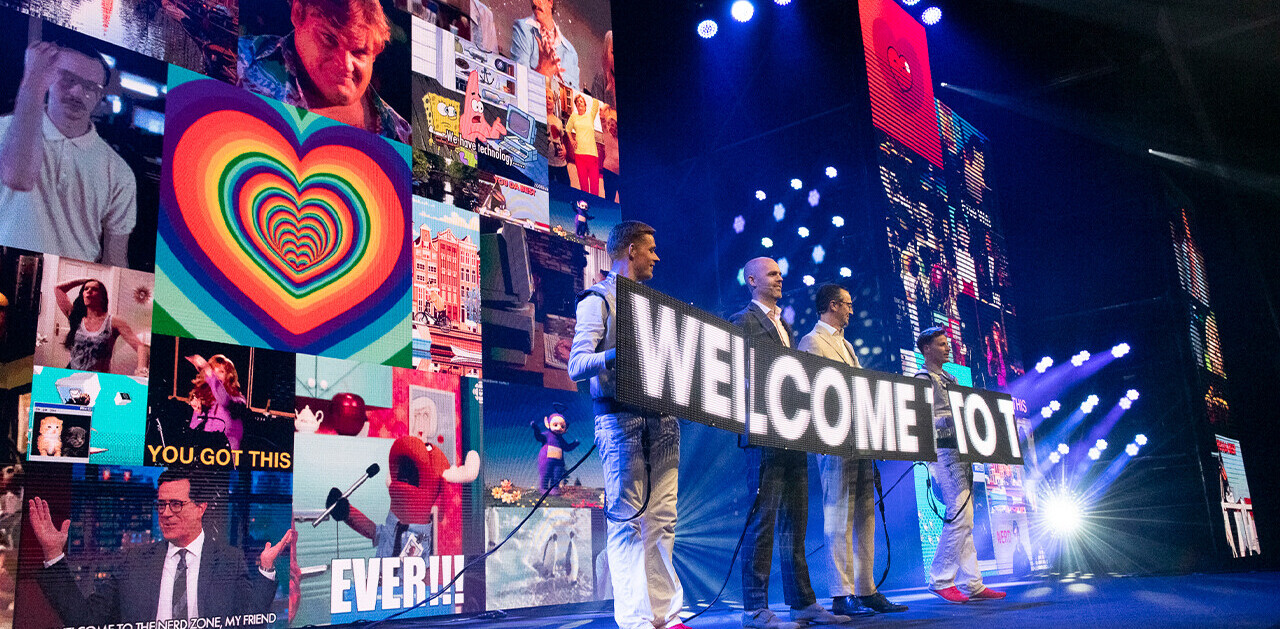
Most successful entrepreneurs have at least one story of hitting rock bottom. It seems to come with the territory. For Dan Simons, co-owner of Founding Farmers (the most booked restaurant in the US on OpenTable), he calls his big fail his “million dollar graduate degree.” While expensive, anxiety producing, and lacking the cast of mentors and benefactors many graduate schools cultivate, he knows it paved the way for his current success.
“I’d always wanted to go to grad school,” says Simons. “Instead, my partner Mike Vucurevich and I lost about a million dollars on our first restaurant, and it took almost 10 years to pay it all back to banks and our landlord. It was a crazy stressful time, and there are certainly parts I wish we could have avoided, but in the end, I’m not sure I’d change it even if I could. The lessons learned were priceless, so maybe the million bucks was somehow a bargain.”
Similar sentiment has been expressed by other entrepreneurs over time. Some have suggested the path to success is to “fail fast and fail often.” What is it about big failure that breeds future success? And is experiencing failure necessary to succeed? I sat down with Simons to see what he thought. He agrees there is quite of bit of wisdom to be gained from a botched business, but thinks many of these lessons can be achieved without being put through the painful paces of failure. That is, if your ears and eyes are tuned into some of the critical pillars of success, including your team, the experiences of others, as well as your own, and how to really use what you know.
Battle-test relationships
When a business struggles and fails, it often kills the relationships at the core of the business. For some, that’s the end of a partnership, a marriage, a familial bond, or simply the destruction of a long-term friendship. For Simons, when his first restaurant failed, one of the things that became abundantly clear was the importance of his partner and their inner circle. They were committed to keeping and winning with their relationships, even if they lost and failed with the business venture.
Studying the military, we see the only way to train for battle is to have live-fire training. Listening to Simons, it’s clear this type of mentality is what prepared the relationships to withstand the stresses. “With Suzi [wife], Mike [biz partner], and Chef Joe [chef, investor, partner], we have always shot straight with each other, never sweeping anything under the rug, through good times and difficult times we honed our communication skills and deepened our relationships, so when it came time for our epic failure and intense financial and business stress, the relationships actually became a source strength rather than fracturing. And we’re all still together to this day.”
Obviously, choosing your partners wisely is critical and worthy of serious consideration. This means looking at the individuals, what they are good at (and what they are not) and also what they want and where they are hoping to go with their career. This helps to ensure you are all aligned in your mission and walking along similar paths, together. But even then, you can’t rest on your laurels once you have found your ultimate team. You need to prioritize continual work to build and maintain true and open lines of communication. This is intentional, dogged work, figuring out how to have tough conversations, how to challenge each other without offending, how to stay in it even when it gets complicated and uncomfortable, and how to be invested in each other and your relationships, not just the company.
There are many, even daily, opportunities in the early stages of your business to do this work if you are paying attention. “Building a business can be, and really should be, messy, scrappy work,” says Simons. “This is when you dig in, learn about each other, and work out your stuff. It can be tough and awkward, but these working relationships are foundational. They are what can make or break a good business, and if you experience failure, they are also what can be your life boat carrying you forward.” Bottom line, according to Simons, is to build and battle test the relationships of your team.
Know your community, get real
As an innovator, you are out there in the world, being bold and brave, and trying to affect change. You continue to take risks and follow your vision, often side stepping the naysayers to keep moving forward. That said, you can’t be lost in the clouds dreaming your dream without any sense of reality. There’s a balance between getting way out of the box and pioneering, and knowing where you are in the world in relation to your potential customers, your community, and your competition.
“One of the biggest mistakes we made with our first restaurant,” says Simons, “was assuming we knew what people wanted. We thought if we could get better ingredients and make food fresher and more wholesome than our competitors, our community would choose us over the competition. But we were dead wrong. In the specific trade area where we opened, the people actually didn’t care if the food was fresh and wholesome. It mattered to me, and to my partner, but it didn’t matter to the guests. So they just kept going to the same old places.”
If Simons and his partner had been more effective in getting to know their market and their potential customers, and really listening to what people were saying to them about the community where they had built their restaurant, they could have adjusted their menus and possibly been successful. But they thought they knew what was right. “In any business, not just the hospitality business, you have to give people what they want,” says Simons. “Not what you think they want. Or worse, what you think they should want. That doesn’t fly. Our mistake was compounded, because we didn’t know what our failure looked like; we were mid-fail and we were still thinking more hard work would be the solution.”
This concept of knowing what your failure looks like, so you can recognize it, is a central theme for serial entrepreneurs. While putting your nose to the grindstone and working harder might be how you’ve built your career so far, sometimes the answer is pull the plug, rather than keep grinding.
Your lessons are your foundation, your building blocks: Use them
Life is always handing us lessons. But what does it take for us to apply our lessons learned consistently? The intensity of failure and the pressure to recover can force many a hand to take stock, reroute, and correct the course. The post-failure pressure never seems to evaporate from those who have experienced it.
Yet, no one really needs failure to apply what we know. Almost everyone, even those who have yet to experience failure, still have a trunk full of smart, skillful, or at least useful lessons from their lives and careers. Often we don’t utilize our learning for myriad reasons, sometimes simply the inability to recognize them, sometimes we are too stubborn to self reflect or get real with ourselves, sometimes we have information but don’t realize the situation in which it should be applied.
For Simons, the remnants from his million-dollar fail are layered throughout his current restaurants and in his daily life, both professionally and personally. Their company — Farmers Restaurant Group, a collection of restaurants they co-own with over 47,000 family farmers that make up the North Dakota Farmers Union — are built upon the importance of knowing who they are and what their mission is, knowing their community and its people, and paying attention to what their guests like and want. Their menus change at least 25 percent from restaurant to restaurant. This is no restaurant chain, it’s clearly a growing collection of unique places. But at the same time, the goodies – like the fried chicken and cornbread, which are still the same recipe from their big fail, and their sustainably minded family farmer driven practices – remain, and are beloved across all locations.
Simons says, “We aren’t in the business of making carbon copies of ourselves. Our restaurants are like unique, living and breathing organisms.” For Dan Simons, he is in the hospitality industry for a reason. “I like to be around people. I like to serve people, and to make them smile. I want to learn more about what people like, what they don’t, and what makes them tick. Our guests and our team. Each restaurant is an adventure for us. We love learning and evolving.”
The company works hard with smart people and smart software to craft restaurants where they can give their guests exactly what they want. And maybe even a smidge more. They serve delicious, scratch made food and drink, and they create green restaurants that support family farmers, which is something they know the majority of their guests appreciate.
Simons says it over and over again, the key to success is to know your dream and keep it alive, all the while keeping your eyes and ears wide open, really hearing what people are saying, or perhaps not saying, consistently looking in the mirror, participating in resilient relationships, and using all of your intel to build your company specifically for your audience, all the while creating a place where you and your employees are psyched to work everyday.
Those lessons may very well be worth a million dollars.
Get the TNW newsletter
Get the most important tech news in your inbox each week.




